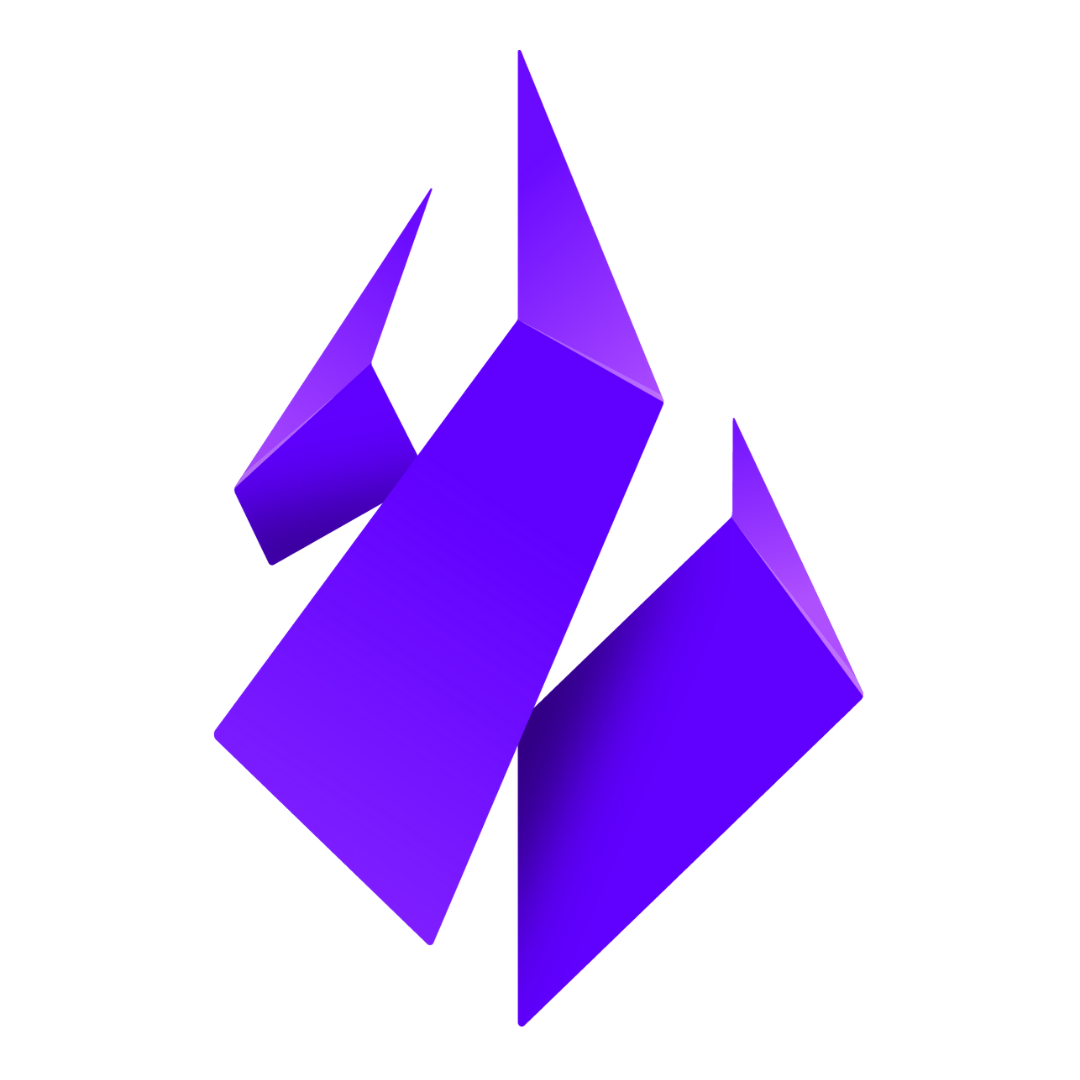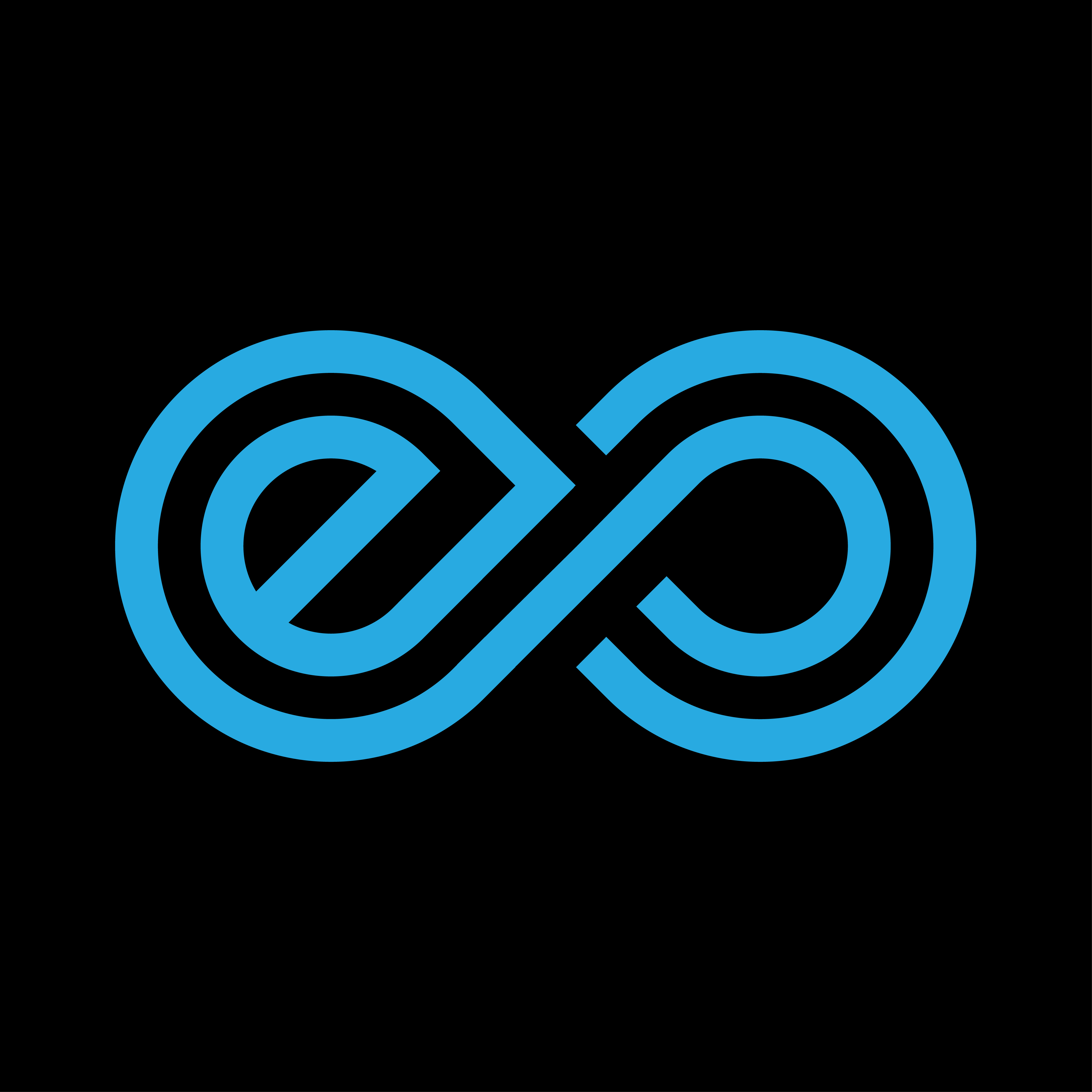How to Get TRC20 Wallet Address Easily

Introduction: Dive into the World of TRC20 Wallets
As the cryptocurrency space expands, so does the need for diverse and powerful blockchain technology. One such blockchain that has stood out is TRON, known for its high throughput, scalability, and extensive dApp ecosystem. Central to interacting with the TRON network is understanding how to obtain a TRC20 wallet address. A TRC20 wallet not only allows you to hold TRC20 tokens, such as TRX, USDT, and many others, but it also opens the door to numerous decentralized finance (DeFi) opportunities.
Understanding TRC20 Tokens
TRC20 is a token standard on the TRON blockchain, similar to the ERC20 token standard on Ethereum. The TRC20 standard ensures interoperability among tokens on the TRON network, facilitating smooth transactions and smart contract executions. These tokens are fast and cost-effective to transfer, making them highly attractive for both developers and investors.
Advantages of Using a TRC20 Wallet
A TRC20 wallet offers several benefits that contribute to its growing popularity:
- Low Transaction Fees: TRON's blockchain is known for ultra-low transaction fees, making it a practical choice for frequent transactions.
- High-Speed Transactions: Built for scalability, TRC20 transactions are processed faster compared to many other blockchains.
- Interoperability and Flexibility: With TRC20, you get seamless interactions within the TRON ecosystem, enabling you to access a wide array of dApps and DeFi solutions.
- Enhanced Security: Security is paramount in the crypto world, and TRC20 wallets incorporate robust security features to protect assets.
How to Get a TRC20 Wallet Address
Here’s a step-by-step guide to acquiring your own TRC20 wallet address:
Step 1: Choose a Reliable Web3 Wallet
Selecting a secure and user-friendly wallet is crucial. One such recommendation is the Bitget Wallet, which supports TRC20 tokens. Bitget Wallet ensures top-notch security features and user experience.
Step 2: Set Up Your Bitget Wallet
- Download and Install: Download the Bitget Wallet app from a reputable app store. Install it on your mobile device or desktop.
- Create a New Wallet: Launch the wallet app and select the option to set up a new wallet. It's vital to follow on-screen instructions carefully.
Step 3: Secure Your Wallet
- Backup Your Seed Phrase: Upon setting up the wallet, a seed phrase (also known as a recovery phrase) will be generated. This phrase is your ultimate backup and should be stored securely offline.
- Set a Strong Password: Protect your wallet with a strong, unique password that you can remember but others cannot easily guess.
Step 4: Access Your TRC20 Wallet Address
- Navigate to the Assets Section: Within the Bitget Wallet, go to the section where your assets are displayed.
- Select TRC20 Assets: Identify the TRC20 assets you wish to manage and select them. This area will display your TRC20 wallet address, which is crucial for receiving TRC20 tokens.
Tips for Enhancing Wallet Security
- Enable 2FA: Two-factor authentication adds an extra layer of security.
- Regular Updates: Keep your wallet software updated to protect against vulnerabilities.
- Beware of Phishing Attacks: Always ensure you're visiting legitimate websites and using official wallet apps.
Exploring the TRON Ecosystem with Your TRC20 Wallet
With your TRC20 wallet ready, you're poised to explore the vast TRON network:
- Decentralized Applications (dApps): Use your wallet to seamlessly interact with a variety of dApps, ranging from games to financial services.
- DeFi: Participate in decentralized finance by lending, borrowing, earning interest, or engaging in yield farming using TRC20 tokens.
- Staking: Earn rewards by staking TRX or other TRC20 tokens directly from your wallet.
Concluding Thoughts: Secure Your Place in the Crypto World
Getting a TRC20 wallet address is more than a practical necessity; it’s a gateway into a vibrant ecosystem teeming with opportunities. With TRON's robust infrastructure and the versatility of TRC20 tokens, users can dive into DeFi, leverage dApps, or simply hold assets securely. Whether you're new to crypto or an experienced investor, having a TRC20 wallet provides the essential tools you need to thrive in today’s digital economy. Embrace the future of finance with a trusted wallet like Bitget Wallet, and embark on your journey through the dynamic TRON network.
Want to get cryptocurrency instantly?
Latest articles
See more






















